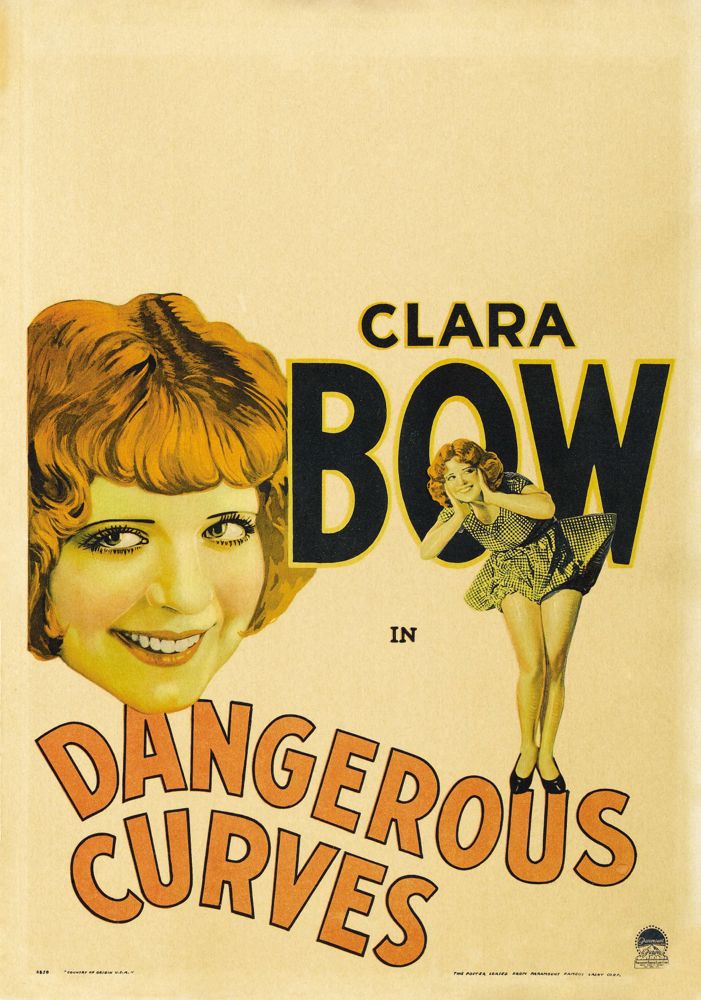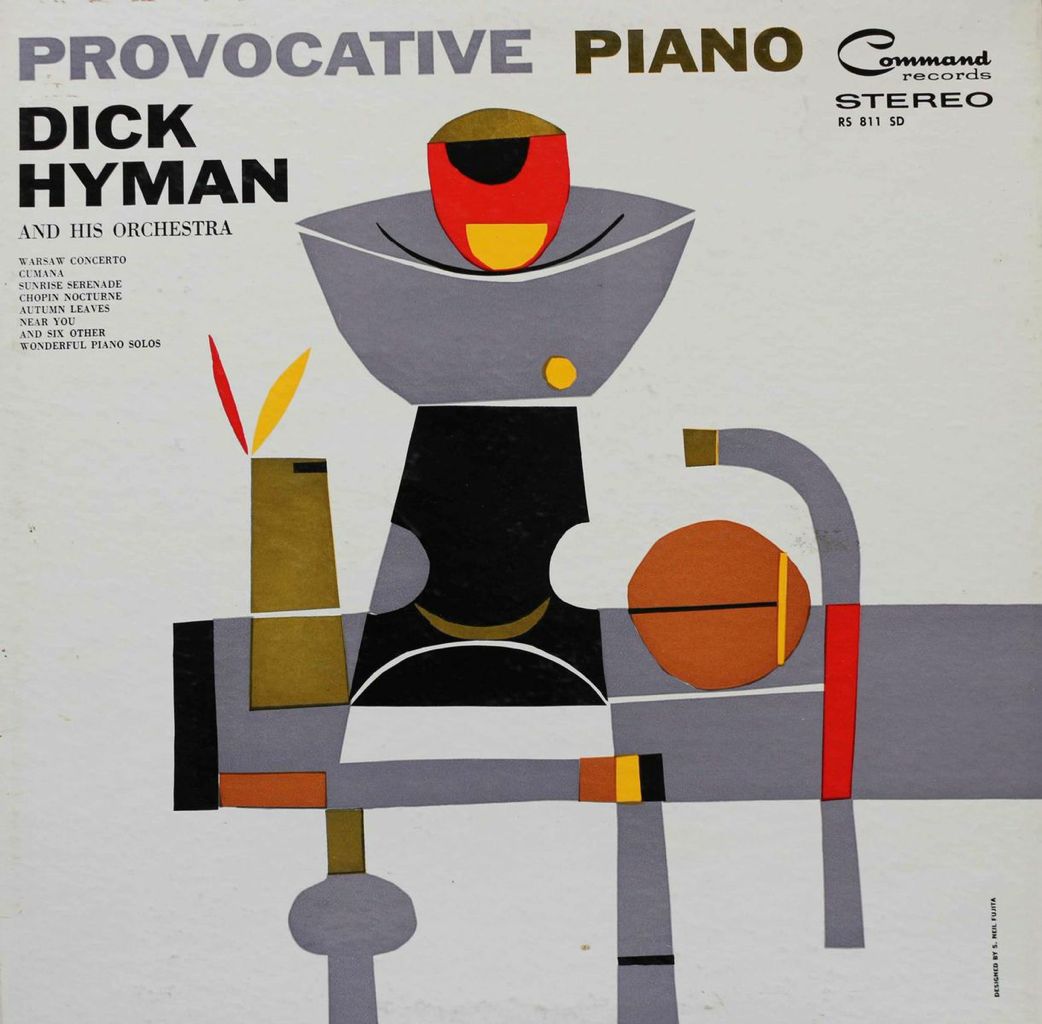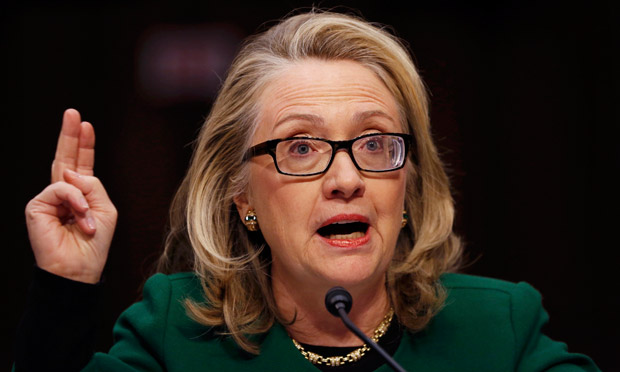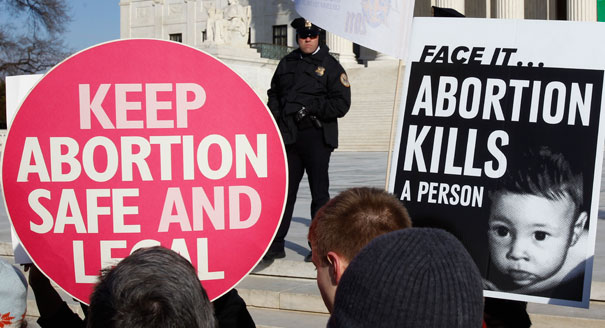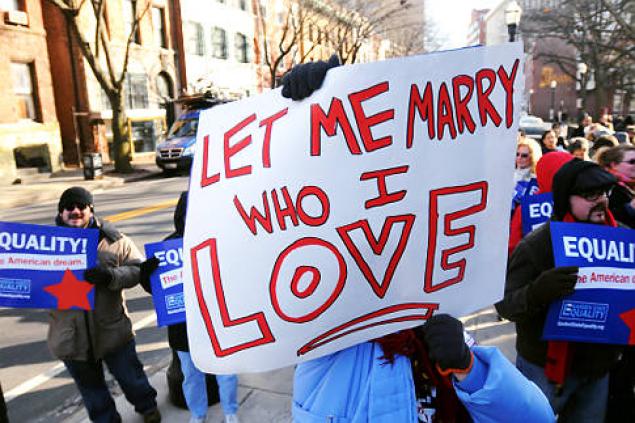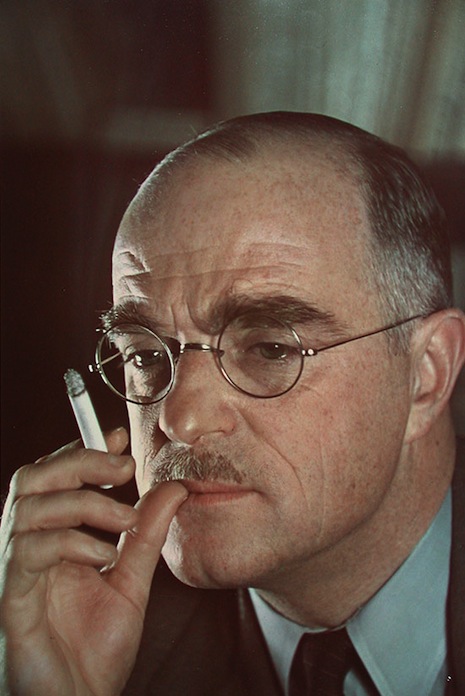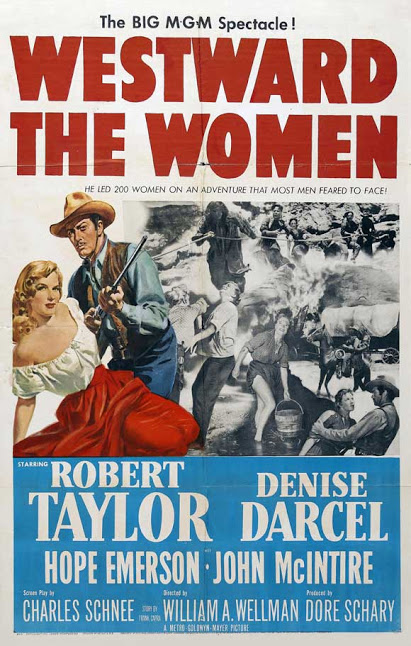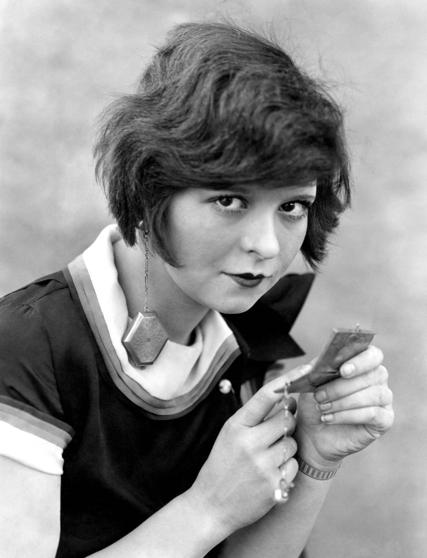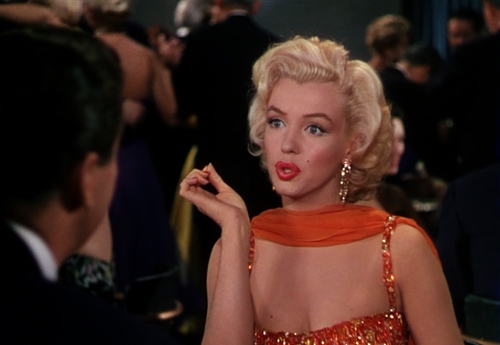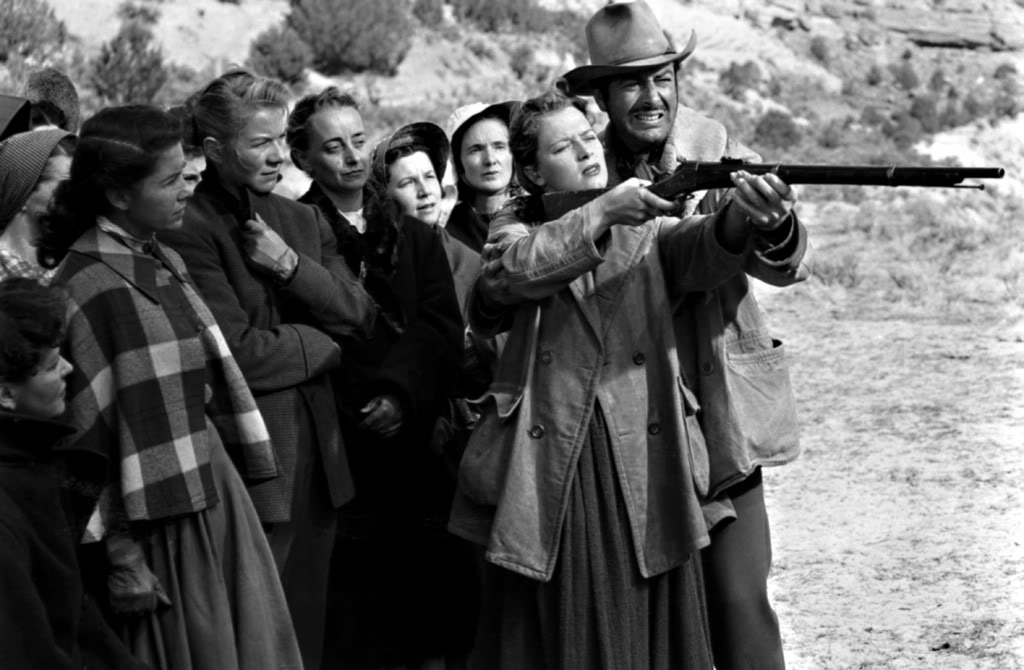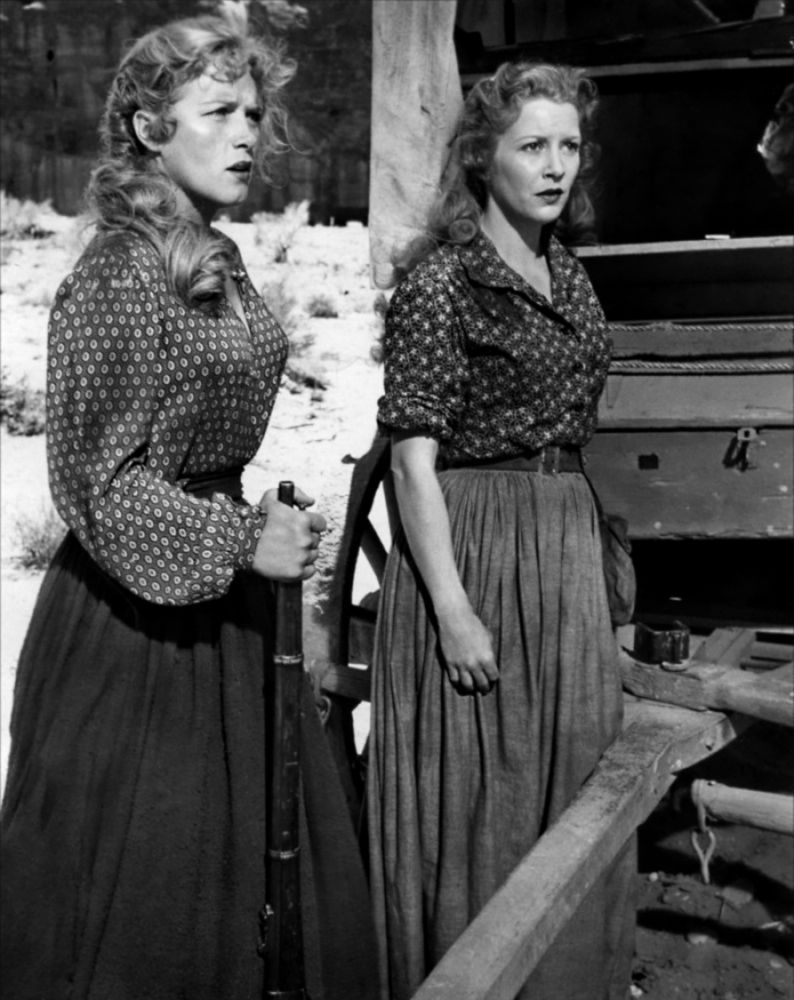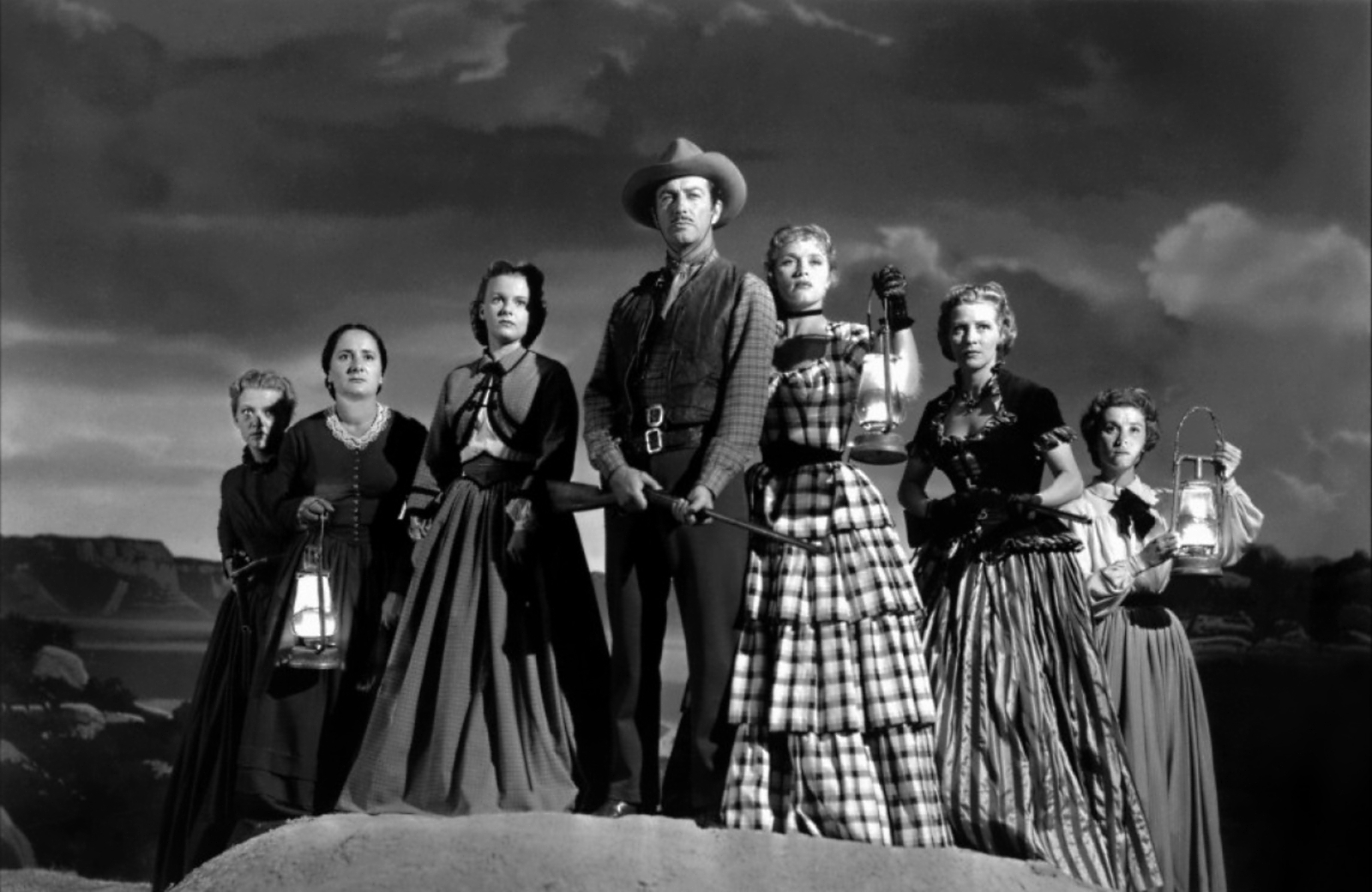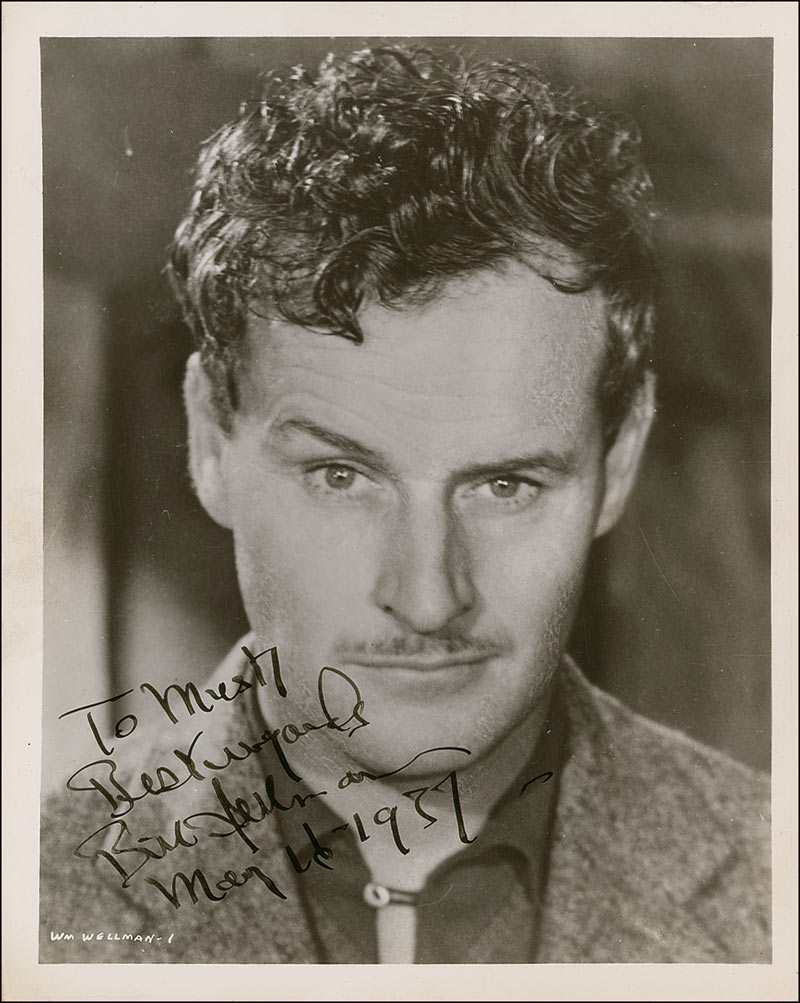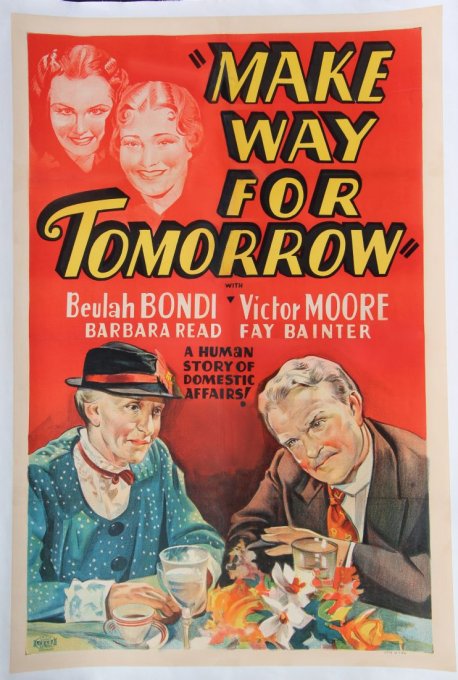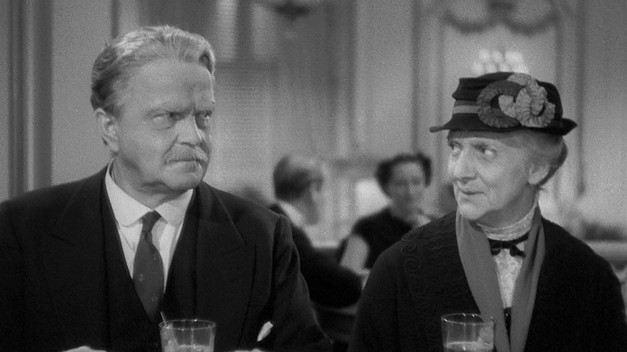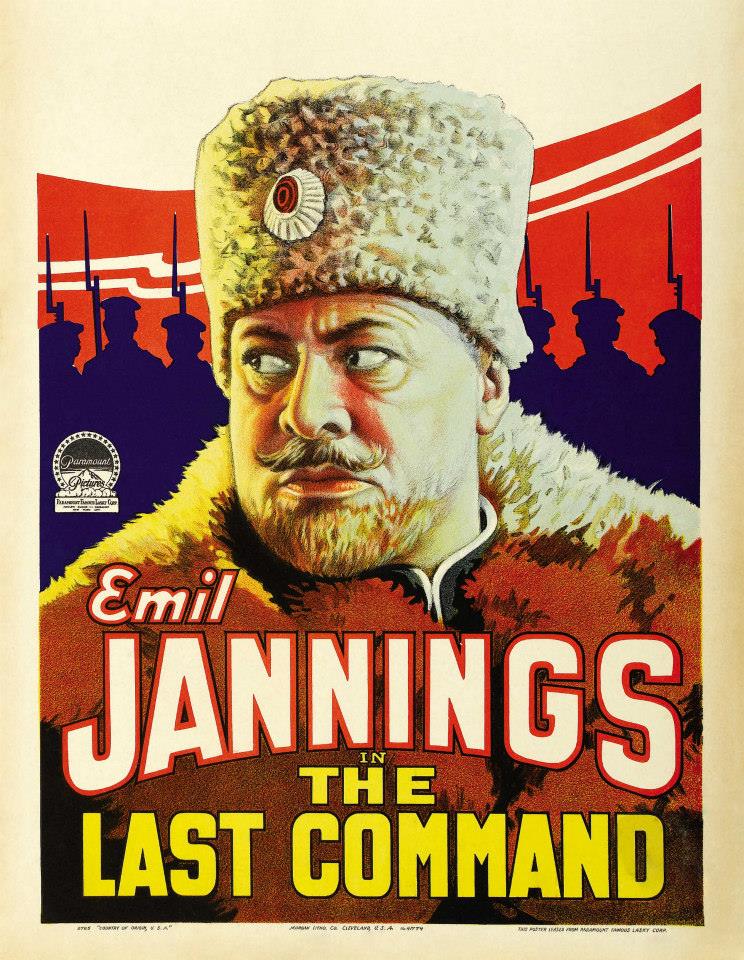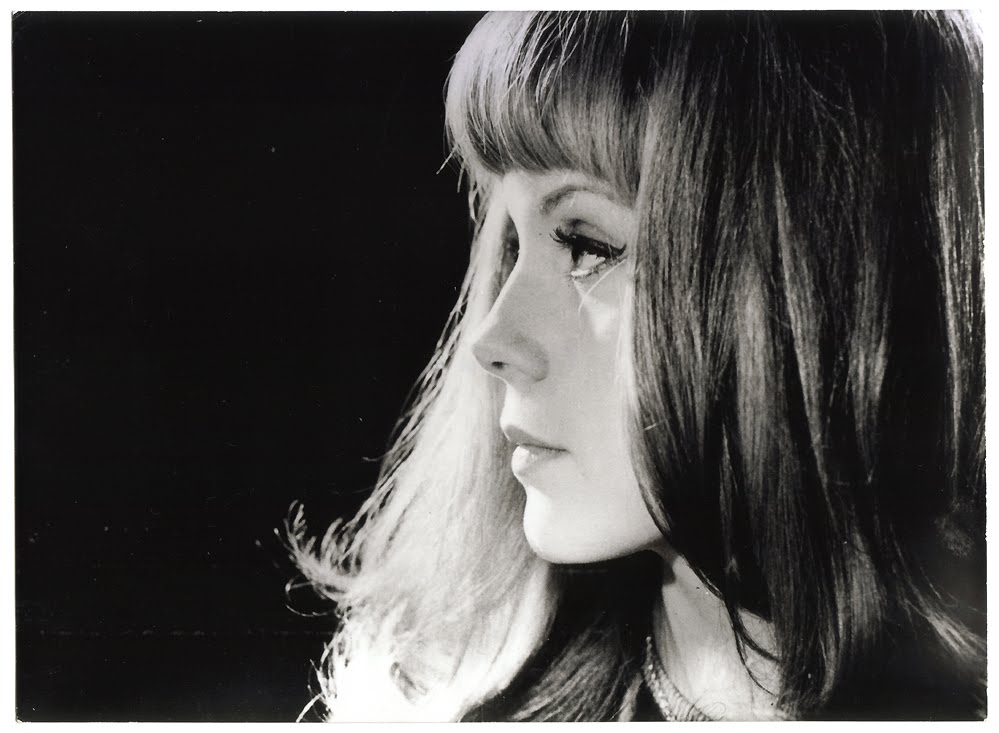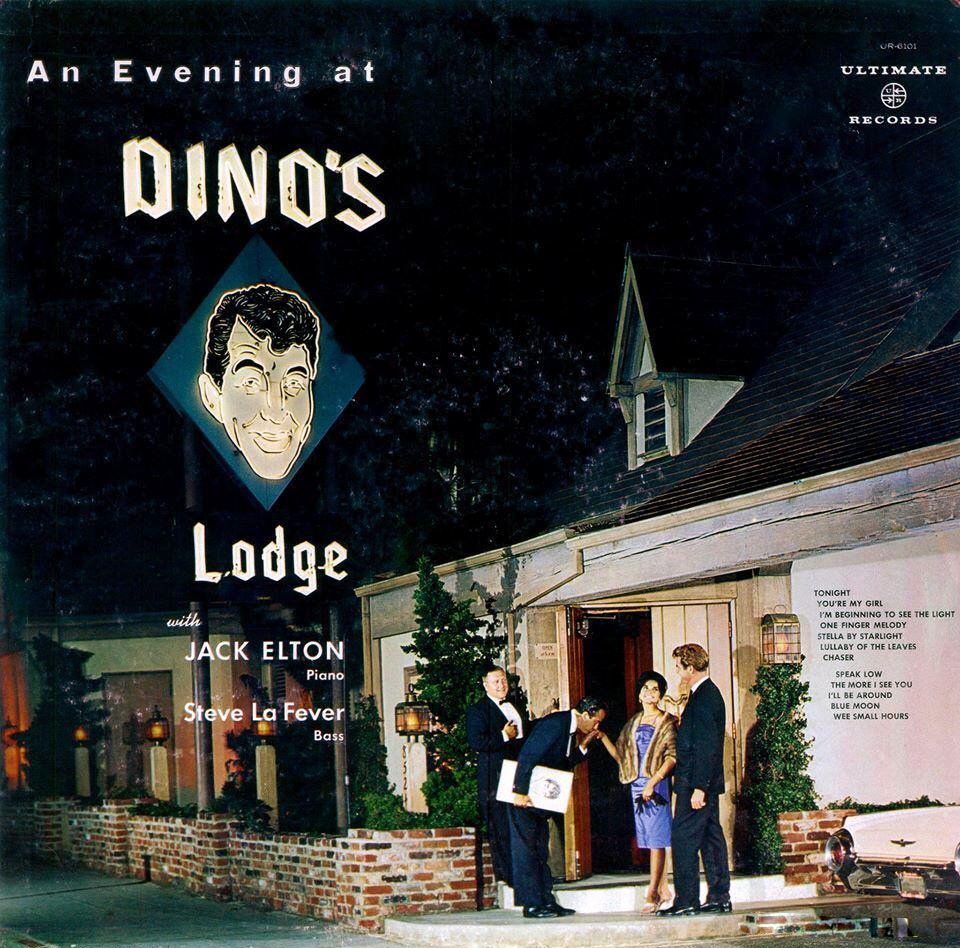Monthly Archives: June 2014
A CALL TO ALL SONS AND DAUGHTERS OF LIBERTY
Preserve the Constitution, break the crony-capitalist grip on Washington — these are the only goals that matter right now.
You can afford to vote for any politician who takes strong positions in support of these goals, even if you disagree with them vehemently on other issues. You cannot afford to vote for any politician who takes weaselly positions on these goals, even if you agree with them enthusiastically on other issues.
Don’t get distracted — keep your eyes on the prize, which for the moment is nothing less than the survival of the American republic.
WHERE I PROUDLY SHOP
A SILENT WESTERN LOBBY CARD FOR TODAY
A STANLEY KUBRICK PHOTOGRAPH FOR TODAY
This is from the late 1940s. For me in New York in the 1980s, wearing a tuxedo, smoking a cigarette and hanging out with an elegantly dressed woman in a bar wasn’t an everyday occurrence, or a weekly occurrence, or even a monthly occurrence, but it wasn’t so rare as to be automatically memorable. It was just something that happened from time to time, in the normal course of life.
I can’t imagine that any guy born in the 1980s or later could really relate to that. Our strain grows weaker.
Click on the image to enlarge.
AN HERGÉ FOR TODAY
AN LP COVER FOR TODAY
LUSH LIFE
THE END OF CRONY CAPITALISM
I’m not a fan of Ralph Nader, but he’s just published a new book, Unstoppable, which argues that a powerful new political alliance could emerge between those on the left and those on the right who oppose the crony-capitalist state, another word for plutocracy or oligarchy.
So far the Crony-Capitalist Democratic Party and the Crony-Capitalist Republican Party have implemented an ingenious strategy for preventing such an alliance. It involves getting the left and right to argue about hot-button issues to divert attention from the plutocratic agenda of both parties. Corporate America, which owns the government, doesn’t care what label politicians wear as long as they do its bidding.
The Crony-Capitalist Democratic Party has supplemented this strategy in Presidential politics by trading on the glamor of electing the first African-American President, and will soon substitute for this the glamor of electing the first female President. Obama and Clinton are both spokesmodels for the plutocracy — something the plutocracy hopes Americans won’t notice.
The big hot-button issues at the moment are gun control, gay rights and abortion. Americans are deeply divided on these issues, which can arouse passions that drive rational thought, and even practical self-interest, from the mind. Is there any way around this? Can anti-oligarchic citizens on both sides of these issues find enough common ground to form an alliance against the oligarchy? Could they even decide to put these issues on hold for a few years in order to take the country back from the corporations?
Well, liberals might face the simple fact that a comprehensive reform of gun regulation has no practical hope of being enacted any time soon. We might be able to close the gun-show loophole — something a large majority of Americans across the political spectrum support. Could anti-corporate folks on the right brave the wrath of the NRA and join with liberals to support this? Maybe.
Abortion rights are under grave assault at the state level in certain places, but there’s very little that can be done about this on the Federal level. Abortion rights will be preserved in principle as long as Roe v. Wade holds, and it will probably hold for a long time to come. National leaders are not going to have much effect in this area, one way or the other. Could those on opposite sides of this issue face up to those facts and agree to disagree on the underlying values involved? Maybe.
Gay rights is a movement that is now irreversible, largely due to the rulings of courts. Gay marriage is becoming legal in one state after another and will inevitably be legal or at least recognized everywhere. That battle has already been won, or lost, depending on your point of view. Could conservatives accept that fact in the interest of an alliance with those on the other side of the issue? Maybe.
And maybe an agreement to sidestep the hot-button issues is the only hope we have of creating a movement to take the government back from the corporations. It’s worth a try.
I suggest a summit meeting between Rand Paul and Elizabeth Warren in Belle Fourche, South Dakota — the geographic center of the fifty United States. Surely they both must realize that they have more in common with each other, in terms of what a Federal official might accomplish, than either of them have with Hillary Clinton or whatever corporate stooge the Crony-Capitalist Republican Party puts forward to try and stop Paul.
Slaveholders and abolitionists once made common cause to support the Constitution — an excruciatingly painful compromise, but one worth it in the long run. What men and women have done, men and women can do.
THORNTON WILDER
. . . by Gisèle Freund.
In 1962, Wilder was 65 years old, a famous writer. He was best known for his plays, like his Pulitzer-winning Our Town (1938) and The Matchmaker (1955), which was adapted into the musical Hello, Dolly!. He had not written a novel for almost 20 years. He was tired of being in the limelight, and he wanted to escape his comfortable life in Connecticut, so Wilder got in his Thunderbird convertible and headed southwest. The car broke down just outside of Douglas, Arizona, a town on the Mexican border, and that’s where Wilder stayed for a year and a half. He was happy to be somewhere where nobody knew much about him or his writing. He rented an apartment with one bed for himself and one for all his papers. During the days he wrote, read, and took walks, and in the evenings he hung around the bar asking questions — so many questions that everyone called him “Doc” or “Professor.” When he left Douglas at the end of 1963, he had a good start on a novel. In 1967 he published it as The Eighth Day, and it won a National Book Award.
— Garrison Keillor
For PZ . . .
WESTWARD THE WOMEN
A lot of Hollywood directors who earned their spurs in the silent era and survived into the sound era had backgrounds far removed from the picture business. A number of them were mechanics, race car drivers, pilots. They were what used to be called manly men, and they brought a traditional masculine perspective to their work in action films. I’m talking about guys like William Wellman, Howard Hawks and Victor Fleming.
Curiously, these men were also exceptionally skilled in presenting strong women on screen — they seemed to be fascinated and not in the least bit threatened by strong women. Victor Fleming, who directed Gone With the Wind and The Wizard Of Oz, both anchored by strong female leads, was also the first director to let Clara Bow do her thing on screen in the silent film Mantrap, in which she ran sexual circles around her male leads and laughed at them while she was doing it.
Hawks unleashed Hildy Johnson and Sugarpuss O’Shea and Lorelei Lee on equally defenseless males and made us laugh at their invincible power and wit.
In 1951 William Wellman made the very odd Western Westward the Women about a wagon train of mail order brides making a 2000-mile trek from Chicago to California to hook up with prospective mates on the frontier. There are a couple of ex-hookers among them, hoping to turn over a new leaf, but they’re mostly “good women” looking for good husbands.
They’re led by the exceptionally competent but distinctly misogynistic trail guide Buck Wyatt, played by Robert Taylor. He admits up front that only two things in life scare him, and they’re both “good women”. He says he hates women’s cooking, and doesn’t expect much out of his charges except suffering and perseverance. He hires a gang of men to provide for their defense on the journey.
But then most of the men desert the train when Wyatt executes one of them for raping a woman. Wyatt wants to turn back but the women won’t turn back, even if he does. At that moment they become the heroes of the film, and Wyatt watches as they do what needs to be done to get the train through, at first amused, then a little bit awestruck.
The women don’t turn into men. Before they arrive at their destination they insist on stopping so they can make themselves presentable when they meet their future partners. Wyatt doesn’t understand this — it seems a little “girly” after all they’ve been through — but he’s past arguing with them. They’re his equals as trail bosses now.
Yet when the women show up to meet the men they’ve prettied themselves up for, their spokeswoman makes it clear that the women will do the choosing. Their passage across the continent may have been paid for by the men, but the women are in charge of the pairing up — they’ll have the last word on that.
Wellman presents all this with little comment — not making a point of female courage and competence, just showing it. Nor does he patronize the women’s desire to make themselves attractive at the end. He just respects it without judgment — not suggesting that they’ve turned back into “girly girls” but accepting that they’ve always been girly girls, as well as tough characters, as tough as any man. They can work like men, and fight like men, and die like men, but they’re . . . different.
Wellman was a tough guy — he won the Croix de Guerre with two palms flying airplanes in France in WWI. It took a tough man to make a movie like Westward the Women.
MAKE WAY FOR TOMORROW
Orson Welles said this movie made him cry like a baby. It certainly made me cry like a baby. It may be the best tearjerker of all time, or at least the best tearjerker that isn’t about young love doomed. This one is about old love doomed.
It’s one of the most disturbing movies ever made. Everybody in it is annoying to one degree or another, and yet everybody has their reasons. Every scene of family dysfunction is wrenching, and yet every situation is familiar, painfully familiar.
It’s about the way parents annoy and embarrass children, and the way children hurt and disrespect parents. It’s about problems without solutions, wounds that can’t be healed. When tiny moments of grace intrude, from the kindness of strangers, from an inarticulate expression of love perfectly understood, they pierce the heart like arrows.
I can’t recommend it even for a good cry — you’ll cry but you won’t enjoy it. It elicits tears that burn. But in its own way it’s profound, a masterpiece — the sort of work that makes you want to change your life, and hope it’s not too late.

